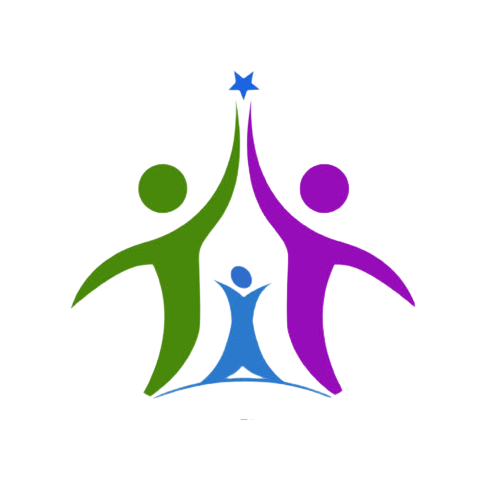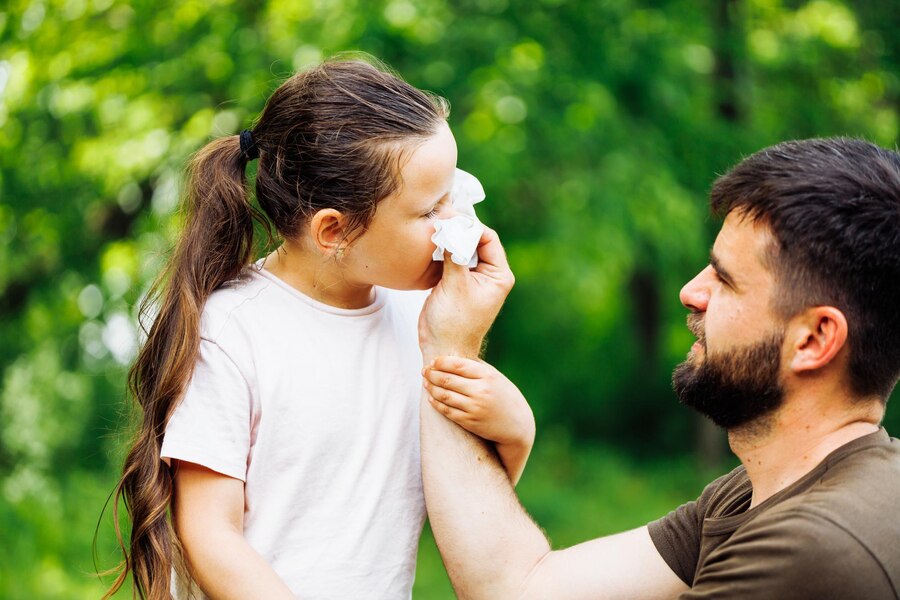What is Allergic Rhinitis?
A frequent ailment in children, Allergic Rhinitis, commonly referred to as hay fever, causes symptoms such as sneezing, runny nose, and itchy eyes.
What are the causes of Allergic Rhinitis?
One of the primary drivers of it in kids is openness to allergens like dust, dust vermin, and pet dander. These allergens can set off the resistant framework, prompting aggravation and the arrival of receptors, which causes the side effects of unfavorably susceptible rhinitis.
What are the symptoms of Allergic Rhinitis?
Symptoms of allergies in children can vary from mild to severe and can include a runny nose, itchy eyes, sneezing, and congestion. In some cases, children may also experience symptoms such as a cough, earaches, and headaches.
Diagnosing: How to determine the cause of symptoms:
Perceiving and tending to the side effects of hypersensitive rhinitis/pollinosis in youngsters is vital for guardians. To diagnose this condition, consultation with a Pediatrician for a physical examination and possibly an allergy test can aid in identifying the specific allergens that trigger the condition.
Treatment of Allergic Rhinitis in children:
Treatment for allergic rhinitis/pollinosis in children can include over-the-counter or prescription medications, such as antihistamines, nasal sprays, and decongestants. In some cases, immunotherapy, or allergy shots, may also be recommended.
Tips for minimizing exposure to allergens and managing symptoms:
However, there are also some preventive measures that parents can take to reduce their child’s exposure to allergens. This can include keeping windows closed during peak allergy seasons, using air purifiers, and vacuuming frequently to remove dust and pet dander.
Conclusion:
It’s likewise essential to take note of that, now and again, hypersensitive rhinitis/pollinosis can prompt confusion like sinus diseases, ear contaminations, and rest unsettling influences. Therefore, it is important to seek medical attention and follow a treatment plan as directed by a doctor to manage the symptoms and prevent complications.
Sharing is caring
Comment and Share!

